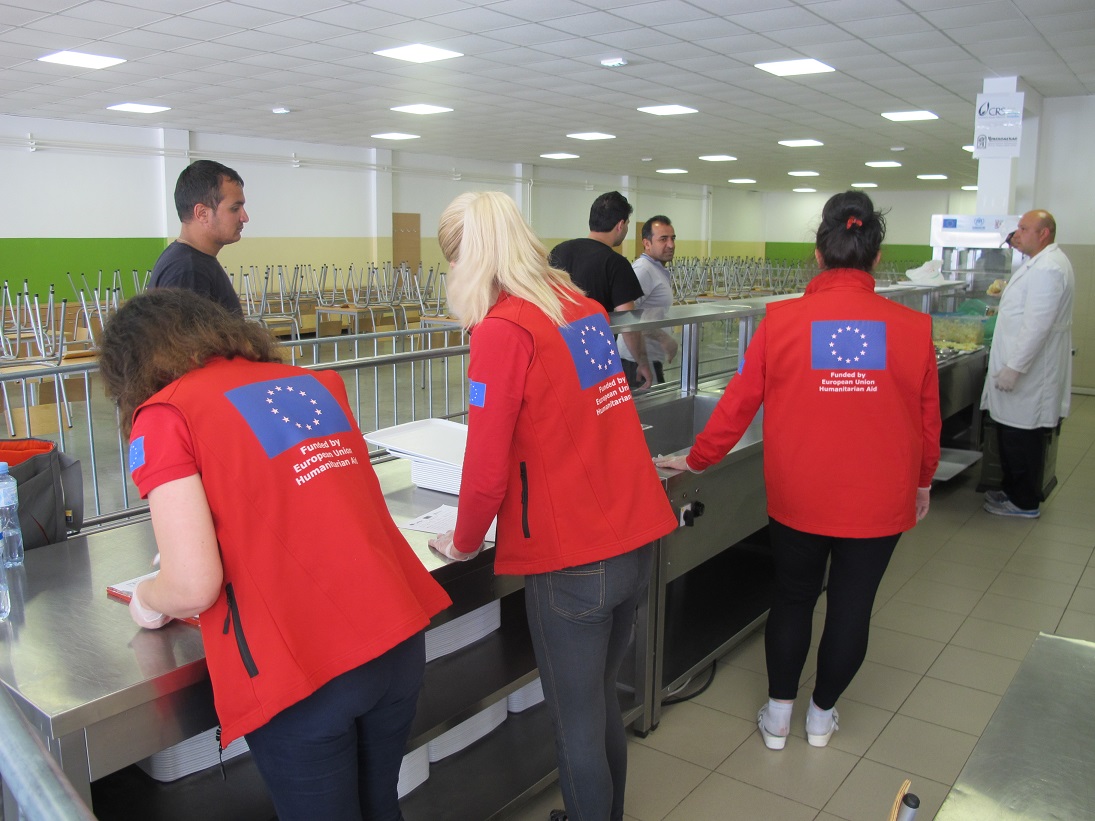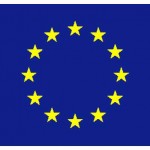After three years of work, the Reception Center for Refugees and Migrants in Presevo has been temporarily closed, in order to rationalize refugee centers in Serbia. Most refugees and migrants who passed through Serbia had their first encounter with our country and its citizens at this center. Caritas was among the first to begin providing meals for refugees and migrants who passed through Presevo in August 2015. For three years meals for the refugees were prepared by “Tradicija juga”, a social enterprise from Vranje, which employs persons from socially vulnerable groups , such as single mothers, victims of violence, persons over 50 years old, persons who have lost their jobs in the privatization process.
Only from January 22 of this year, until the closing of the Presevo Reception Center on August 17th, over 120,000 meals were distributed through the project “Humanitarian Food Assistance for refugees hosted in governmental centres in Serbia “. Meals were provided on a daily basis, three times a day, through a project funded by the European Union, and implemented in Serbia through a consortium led by Oxfam Italy. In addition to Caritas Serbia and Oxfam Italy, Care Germany and Red Cross of Serbia are also involved in this project. The Caritas Serbia implementation partners are Caritas of Belgrade Archdiocese and Philanthropy – Charitable Foundation of the Serbian Orthodox Church.
In addition to Presevo, within this project, Caritas continues to provide food on a daily basis in Bujanovac, Vranje and Pirot Reception Centers. Meals were also provided in Dimitrovgrad Reception Center from July 1st till August 9th, 2018, when this center was also closed.
 The European Union with its Member States is a leading global donor of humanitarian aid. Through the European Commission’s Civil Protection and Humanitarian Aid department (ECHO), the EU helps over 120 million victims of conflict and disasters every year. With headquarters in Brussels and a global network of field offices, ECHO provides assistance to the most vulnerable people solely on the basis of humanitarian needs, without discrimination of race, ethnic group, religion, gender, age, nationality or political affiliation.
The European Union with its Member States is a leading global donor of humanitarian aid. Through the European Commission’s Civil Protection and Humanitarian Aid department (ECHO), the EU helps over 120 million victims of conflict and disasters every year. With headquarters in Brussels and a global network of field offices, ECHO provides assistance to the most vulnerable people solely on the basis of humanitarian needs, without discrimination of race, ethnic group, religion, gender, age, nationality or political affiliation.


Recent Comments